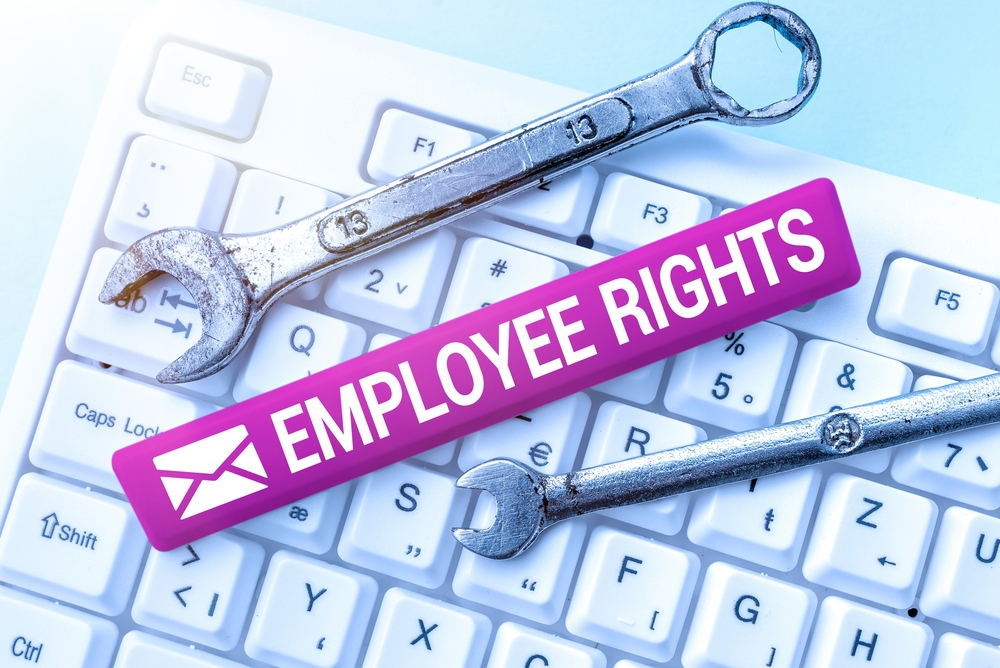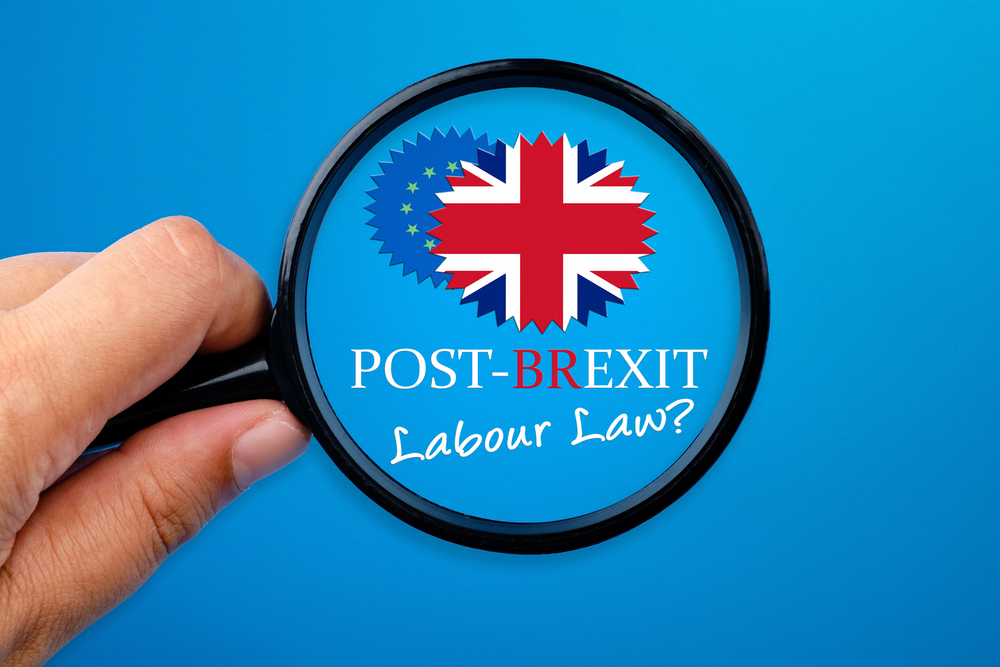Month: June 2023
Quarterly Statistics on Employment Tribunal Statistics Published
Sunset Clause in the Retained EU Law (Revocation and Reform) Bill Dropped
The UK Government may have scrapped the controversial ‘Sunset Clause’ but there are still plans to reform retained EU employment law that will have implications for UK Employers.
Background
Following the introduction of the European Union (Withdrawal) Act 2018, the legislation that allowed the UK to leave the EU, a new category of UK law was created – EU Retained Law – which preserved EU derived law that would continue to apply in the UK after Brexit, including large sections of UK employment law.
The Brexit Freedom Bill
In September 2022 the UK Government introduced the Retained EU Law (Revocation and Reform) Bill, the intended purpose of which was to repeal, amend or replace thousands of EU laws and regulations. Included in the Retained EU Law (Revocation and Reform) Bill was a “sunset” clause that would have potentially seen all retained direct EU legislation and EU-derived subordinate legislation implementing EU law (regulations) scrapped entirely on 31 December 2023 unless otherwise preserved, ending the principle of the supremacy of EU law, general principles of EU law, and directly effective EU rights.
The sunset clause was considered controversial and created legal uncertainty because it was unclear which EU laws would be retained, replaced or revoked.
Sunset Clause Scrapped
In early May 2023, the UK Government confirmed that it was scrapping the sunset clause in the Retained EU Law (Revocation and Reform) Bill and in its place, it has set out a list of 600 pieces of retained EU law that will be revoked on 31 December 2023, most of which appear to be either obsolete and unnecessary, burdensome and duplicative or irrelevant to the UK.
Reforms to Retained EU Employment Law
On 10 May 2023, the UK Government published a Policy Paper on Smarter Regulation to Grow the Economy and launched a Consultation on Retained EU Employment Law, namely reforms to the Working Time Regulations, Holiday Pay, and the Transfer of Undertakings (Protection of Employment) Regulations.
In its consultation paper, the UK Government has identified three key areas it believes could benefit from reform that it says would ensure they are fit for purpose for both businesses and workers.
Record keeping requirements under the Working Time Regulations
The UK Government is considering removing the requirement that records must be kept in relation to the right to a minimum daily rest period of 11 consecutive hours in each 24-hour period; the right to a minimum uninterrupted period of rest of 24 hours in each seven-day period; and the limit on the maximum weekly working time by introducing legislation to clarify that businesses do not have to keep a record of daily working hours of their workers.
Simplifying annual leave and holiday pay calculations in the Working Time Regulations.
The UK Government is considering combining the right under EU Working Time Directive to 4 weeks’ annual leave entitlement with the domestic right to an addition 1.6 weeks’ annual leave to create a single statutory entitlement of 5.6 weeks’ and introduce a standardised holiday pay calculation method across the single entitlement. They are also proposing to allow employers to pay “rolled-up” holiday pay, something that was deemed unlawful by the European Court of Justice.
Consultation requirements under the Transfer of Undertakings (Protection of Employment), or ‘TUPE’, Regulations.
The UK Government is considering removing the requirement to consult with employee representatives for businesses with fewer than 50 employees (currently 10) where the transfer affects less than 10 employees and instead allow employers to consult with employees directly.
Although the UK Government may have scrapped the controversial ‘Sunset Clause’, which would have potentially created a legislative black hole and significant uncertainty for employers, the above changes being proposed appear to make clear that the current UK Government is intent on reforming retained EU employment laws and this will continue to create uncertainty for UK employers.
We will continue to closely monitor the situation and track changes to EU employment law legislation to ensure we keep ahead of the regulatory changes that are almost certainly coming.
Do You Need Assistance?
The specialist employment law team at Employment Law Services (ELS) LTD have extensive experience in advising UK Employers on their legal obligations to ensure compliance. If you have any queries about your legal obligations you can call us on 0800 612 4772, Contact Us via our website or Book a Free Consultation online.
 Advice on Settlement Agreements Employees
Advice on Settlement Agreements Employees Advice on Settlement Agreements Employers
Advice on Settlement Agreements Employers

